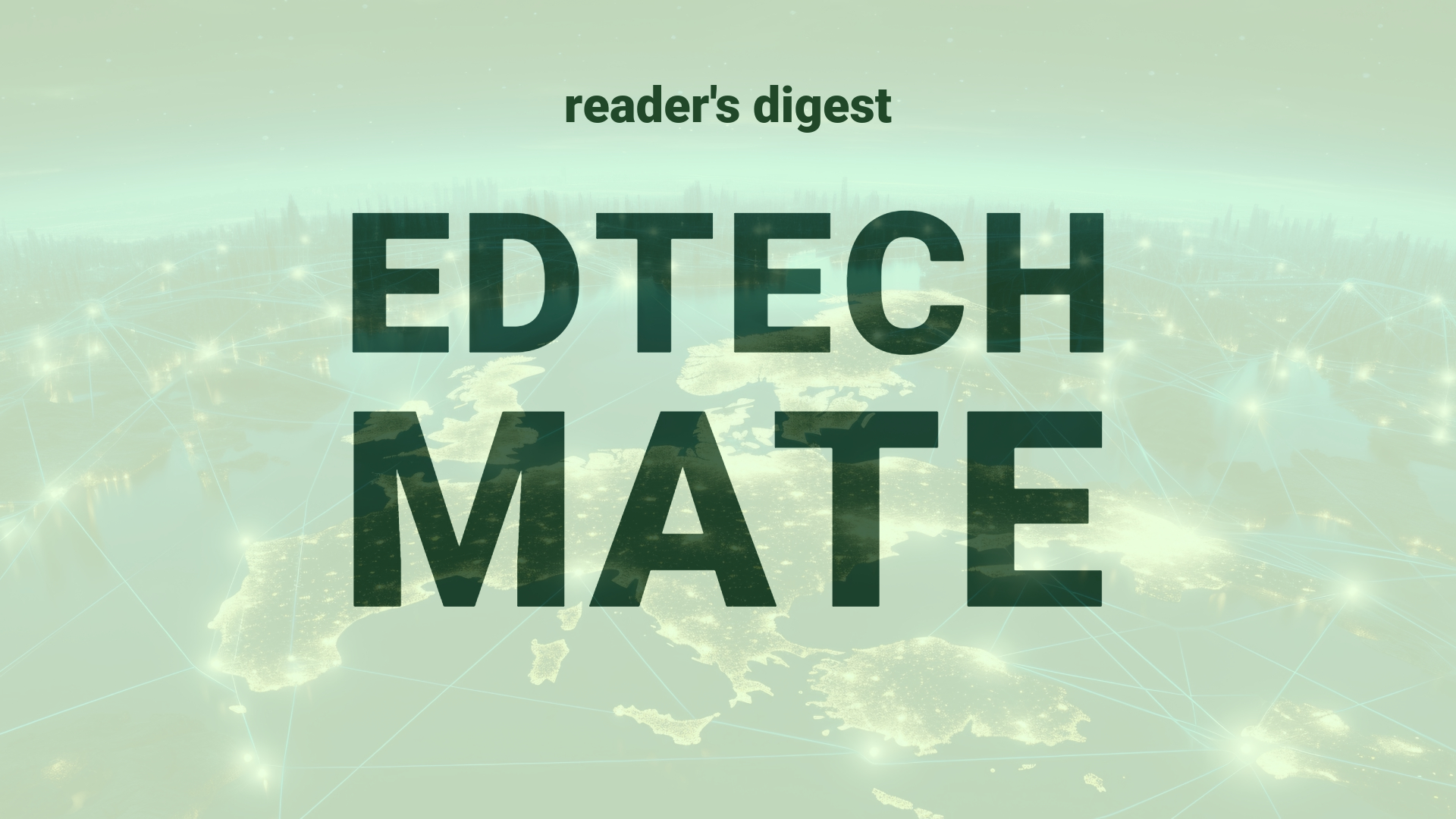Executive Summary and Main Points
The current discourse examines the critical role of Chief Information Officers (CIOs) and IT leaders in shaping the future of generative AI within organizations. Key trends include the urgency of developing an AI strategy, the dual pressure of guarding intellectual property while promoting innovation, and the importance of continuous education to keep abreast of rapid technological changes. The potential advantages of generative AI are being explored in controlled environments, such as IT operations and development, with the aid of tools like LLMs (Large Language Models). Strategic, agile planning is underscored as essential for keeping up with the pace of AI breakthroughs. AI’s transformative power is seen in its ability to affect various facets of business, particularly through enhancing functions like marketing and customer service.
Potential Impact in the Education Sector
The incursion of generative AI into the education sector could reshape Further Education, Higher Education, and Micro-credentials, with strategic partnerships and digitalization playing crucial roles. For Further Education, AI can revolutionize curriculum design, personalized learning paths, and assessment methods. In Higher Education, the effects could extend to research, where AI could assist in data analysis, hypothesis generation, and exploratory studies. Micro-credentials might see a greater integration of AI topics, responding to market demand for AI literacy and competency. Strategic partnerships between educational institutions and AI tech companies could accelerate the adoption of new learning technologies.
Potential Applicability in the Education Sector
Generative AI and digital tools pave the way for innovative applications in global education systems. AI-driven platforms can enable personalized learning experiences, adaptive content delivery, and automated feedback mechanisms. Instructors could employ AI to curate and generate customized educational resources. AI could also play a significant role in administrative tasks, streamlining processes like admissions and advising through intelligent automation of repetitive tasks. Furthermore, AI could empower research through data analysis, expanding interdisciplinary collaborations, and enhancing knowledge discovery.
Criticism and Potential Shortfalls
Despite the enthusiasm for AI in education, there are criticisms and potential shortfalls to acknowledge. Ethical challenges include data privacy concerns and algorithmic transparency. Dependence on AI could lead to a diminished role for human educators and threaten job security. There is also a risk of perpetuating biases present in the training data. Comparison of international case studies reveals discrepancy in AI adoption due to varying resources and technological infrastructure. Cultural implications include resistance from traditional educational stakeholders and the need for policy frameworks to safeguard equitable AI integration.
Actionable Recommendations
Educational leaders are urged to develop comprehensive AI strategies aligning with their institutions’ mission and resources. It is advisable to commence with pilot projects that test the application of AI tools in specific contexts. Training programs for educators on AI utilization and its implications are vital. Equally important is establishing ethical frameworks and policies to govern AI usage. Investment in infrastructure to support AI implementation and partnerships with tech firms can spur innovation in teaching, learning, and administrative operations. Finally, fostering an organizational culture that values continuous learning and adaptation to technological advancements is crucial for success in the digital era.
Source article: https://blogs.starcio.com/2023/10/gen-ai-innovation-cio.html

